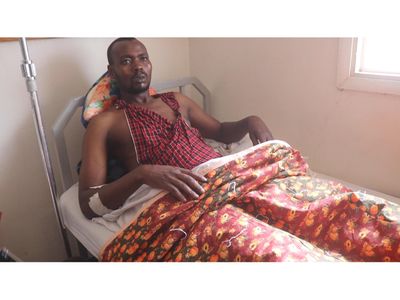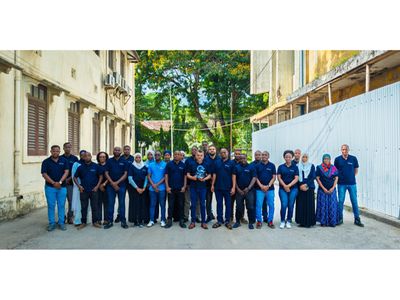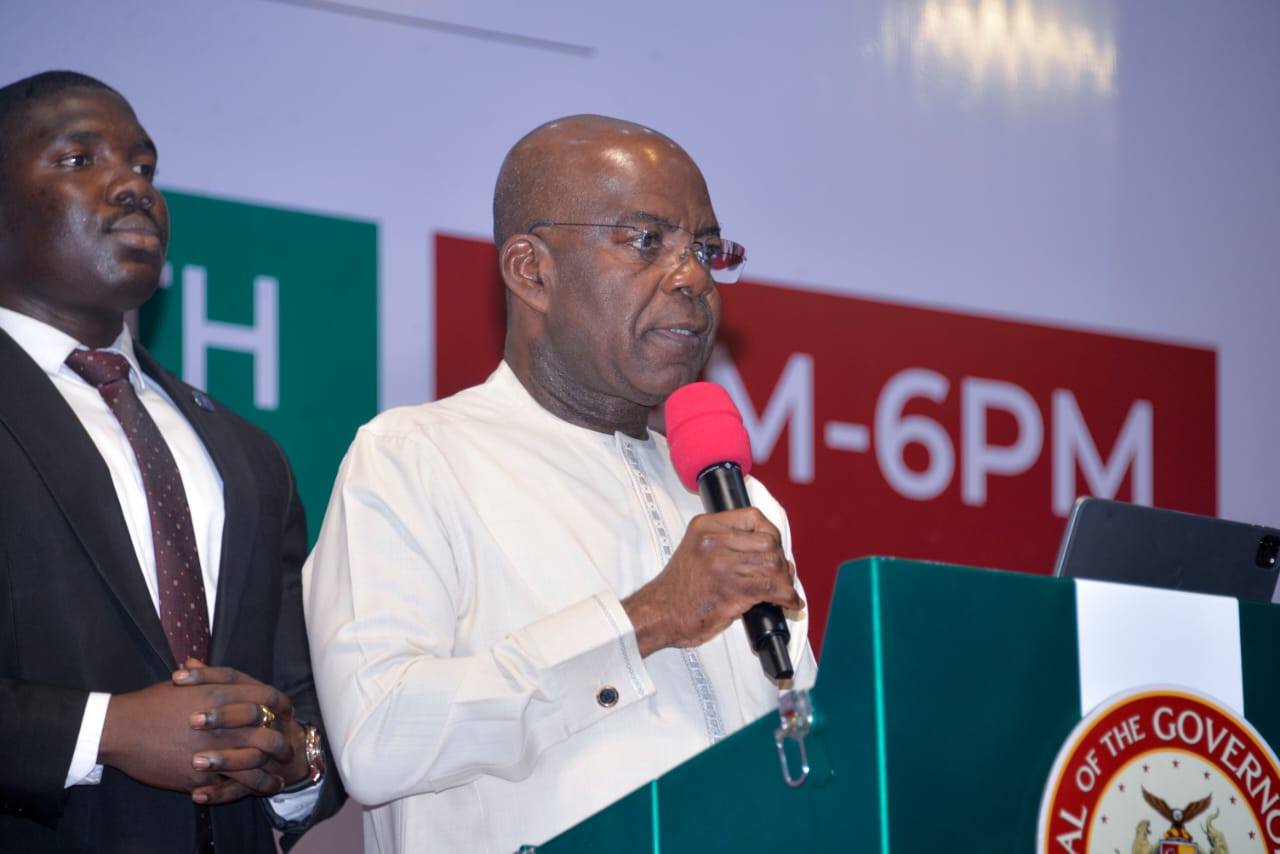The Ghana Journalists Association (GJA) has issued a blistering warning to state security agencies, accusing them of becoming the number one threat to Ghana’s press freedom. In the Association’s most forceful statement yet, it described the growing attacks on journalists as a “coordinated assault on democracy” and vowed to take the fight to those responsible—uniformed or not.
GJA President Albert Kwabena Dwumfour minced no words. “We are sick and tired of the silence, the cover-ups, and the empty promises. This impunity must stop,” he said at a press briefing today in Accra. “Any security officer who raises a hand against a journalist has declared war on democracy.”
As of July 2025, at least 12 reported attacks have been recorded this year alone—none with any meaningful prosecutions. Victims range from political reporters to cameramen and online journalists, many of whom were on assignment in public spaces. Yet, despite video evidence, eyewitness accounts, and media outrage, the perpetrators—most of them security personnel—continue to walk free.
The most recent outrage occurred during the Ablekuma North parliamentary re-run. Emmanuel Banahene, a journalist with the EIB Network, was captured on video being assaulted by a senior police officer while covering the polls. To date, no name, no prosecution, no justice.
“Where is the transparency? Where is the accountability?” Dwumfour said. “We were told the officer had been interdicted and charged. Show us the charge sheet. Show us the court proceedings. Otherwise, this is just another institutional lie.”
The GJA says this was not an isolated incident. In the same constituency, JoyNews reporter Salomey Nartey was also attacked by a police officer. Again, silence. Again, no accountability.
And in another disturbing episode, JoyNews journalist Carlos Calony and his cameraman were beaten and detained by National Security officers during the MacDan warehouse demolition in Accra. Their only crime? Documenting military operations in a civilian setting.
Dwumfour didn’t hold back: “We are journalists, not enemies of the state. We wear pens, not uniforms. And yet, we are treated like threats. Why? Because we hold power accountable.”
The GJA is now demanding immediate action. It has given the Ghana Police Service a seven-day ultimatum to release a detailed report on the Ablekuma North case and provide updates on all journalist assault cases recorded in the last seven months. Failure to do so, the GJA says, will trigger a nationwide media boycott of all police-related activities, including coverage of press briefings, events, and interviews.
“If nothing happens in seven days, we will declare the Ghana Police Service and any complicit institution enemies of press freedom,” Dwumfour stated. “They will not enjoy our airtime. They will not be quoted. They will be ignored.”
Beyond local action, the GJA is rolling out a multi-pronged resistance strategy. The Association says it will:
- File personal civil suits against offending officers,
- Submit petitions to the UN, AU, ECOWAS and UNESCO to blacklist violators from peacekeeping and international assignments,
- Engage foreign embassies to impose visa bans on identified aggressors,
- Launch a ‘Wall of Shame’ campaign, publicly displaying the names, ranks, and faces of offenders in newspapers and digital platforms.
“We’re going global with this,” Dwumfour stated. “You attack a journalist in Ghana, and you’ll be known in Geneva, Brussels, and New York.”
In a rare move, the GJA also invoked the name of President John Dramani Mahama, himself a former journalist and current paid-up member of the Association.
“We ask our President—what is happening under your watch? Will you sit back while the very institution you once belonged to is attacked and humiliated by state actors?” Dwumfour asked. “Mr President, we need more than statements. We need action. This is your moment to defend your own.”
According to the GJA, these aren’t just professional grievances—they’re existential threats to the role of journalism in Ghana’s democracy. “If we allow fear to take over the newsroom, Ghana will lose its soul. No democracy survives without a free press,” the GJA President stressed.
The Association insists that journalists are not above the law but must be protected under it. “What we demand is not special treatment; it’s constitutional respect,” Dwumfour said.
With this declaration, the GJA is drawing a line in the sand. Either the state reins in rogue officers and upholds justice—or it should prepare for a media war of silence and global exposure.
“The world is watching,” Dwumfour added. “And so are we.”
The post GJA fires back over brutal attacks on journalists, labels security agencies “enemies of press freedom” appeared first on The Herald ghana.





